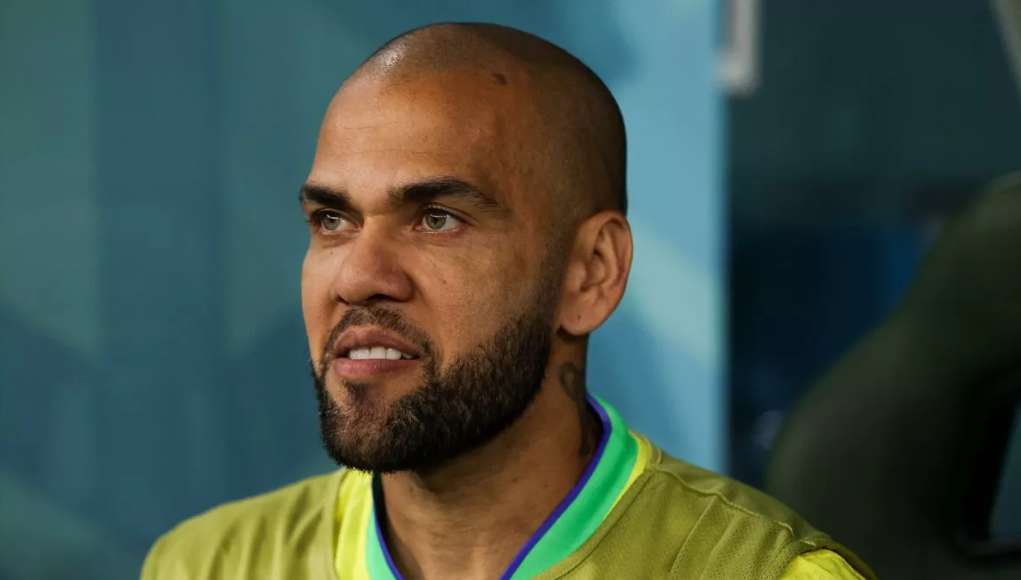Former Brazil international footballer Dani Alves, convicted of rape in Spain in February, has paid his bail of one million euros and can leave jail pending his appeal, a court said Monday.
One of the world’s most decorated footballers, Dani Alves, 40, was last month sentenced to four-and-a-half years in jail for raping a young woman in the VIP bathroom of a Barcelona nightclub in the early hours of December 31, 2022.
In a surprise move, a Barcelona court agreed last Wednesday to his request for provisional release while his appeal is heard on condition that he posted bail of a million euros ($1.08 million), hand over his Spanish and Brazilian passports, remain in the country and present himself to court “on a weekly basis”.
It took him until Monday to present the funds, meaning he remained in jail while his entourage tried to raise the money.
“We hereby inform you that the deposit of Dani Alves’ bail has been registered in the accounts of the 21st section of the Barcelona Court,” the court said in a statement.
TV crews gathered outside the Brians 2 prison, northwest of Barcelona, where Alves is being held to capture the moment of his release which is expected in the coming hours.
Alves had been in jail since he was arrested in January 2023 on the grounds that he was a flight risk. Brazil does not extradite citizens sentenced in other countries.
Public prosecutors and the victim’s lawyer, Ester Garcia, have appealed the decision to grant Alves bail.
“This sends the message that there is justice for the rich, and even if there is a conviction if you pay bail there are no criminal consequences,” Garcia told reporters last week.
“This is a very dangerous message for society,” she added, saying her client was “very outraged, very despondent and very frustrated”.
During the trial, the victim, who testified behind a screen to protect her identity, said Alves had violently forced her to have sex in a private bathroom of the nightclub despite begging him to let her go, causing her “anguish and terror”, prosecutors said.
Alves’ lawyers had argued the victim had been “glued” to the player while dancing at the nightclub, saying there was “sexual tension” between them.
But in its 61-page decision, the court said that did not mean “that she consented to anything that might have subsequently happened”.










